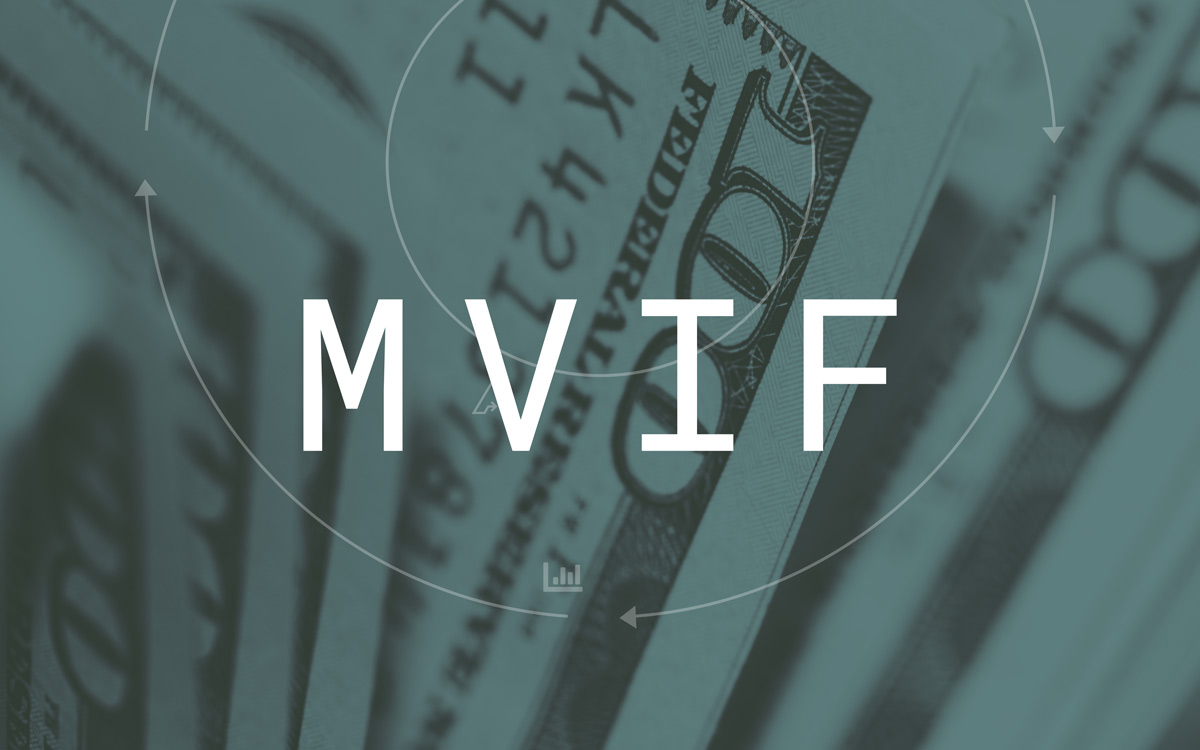Is investment strategy the reason behind why very few businesses succeed while most of them fail? I think, no, I believe that it certainly is.

Why? Because while entire movements and concepts such as Lean Startup, agile, and customer development have altered the way businesses are created and ran, the investment strategy behind them has largely not.
Quite the contrary in fact. For the most part, investment strategy remains stuck in the 1990s.
Trust me I have been grappling with this research for quite some time now. And, I have reached the point of understanding that the answer can be found in the above concepts. They are, after all, very nicely articulated within the lean startup framework.
What do I mean by this? Basically the Lean Startup framework is about a methodology of trying to eliminate waste of every kind in the process of product development. You do this primarily through making sure that through each development iteration, the product development team adds validated learning into their knowledge base about a specific product and market problem.
Now, does this same logic apply to investment strategy? Well, in my humble opinion, no it absolutely does not.
Investment strategy – an uncomfortable truth
It is safe to say that since it’s inception in 2011, the Lean Startup movement can now definitely be considered as mainstream. This acknowledgement makes it even more strange to see that the world of investment is still stuck with very old fashioned approaches. Ones that basically have not changed since the last decade of the twentieth century. And yes, that’s the exact same one which led to the .dot-com crash in 2000-2002.
This is an uncomfortable truth that few accept. It would actually be mildly amusing if it was not so tragic to keep seeing some of the supposedly best early stage investors in the world asking startups to agree on financing rounds with fixed terms of capital time and deliverables. Exactly like it was with software projects more than twenty years ago.
This is extremely problematic for a number of different reasons. As you can imagine, it is practically impossible to predict precisely the amount of capital necessary to fuel the journey from a business idea do the minimum viable product, aka the MVP.
Unfortunately, the respective startups either have to deal with the frustration of insufficient funding or will fall into the trap of overspending. And this one is often a lot more dangerous. Yes, I’m talking about “aggressive capital deployment”. Guess what, either way the effects are disastrous to the startup itself.
Distracting side effects
Worse still, another damaging side-effect of this unacceptable situation is that the key stakeholders within a startup get hideously distracted. Instead of being focused on developing an excellent product, they become completely consumed by the fundraising process. And they spend more time developing their pitching skills instead of their entrepreneurial ones.
What we are talking about here is simply an unbelievable amount of waste across several different levels.
So how can you eliminate this waste? Let me explain.
A different investment strategy
Thankfully there are other ways. And ours at Starttech is as simple as the well-known phrase “waste not, want not”. In order to tackle this situation, we implement what we call the Minimum Viable Investment Framework, aka the MVIF. In a nutshell, this means that we start working with companies without a fixed amount of committed capital. But, on the contrary, we do it on the promise that we shall invest exactly as much as is necessary. Not a single dollar less or more.
For us this is not something radical. It’s nothing more than bringing the “right action, right time” principle into the early stage investments space.
“Right action, right time”
The execution is simple; We start with a minimum capital commitment of $50K and then we may invest more as necessary in the process. Our two key milestones are: 1. launch of the MVP and 2. the achievement of a positive cash flow operation.
Exactly as described in agile, our method welcomes change at any point in time. And it acknowledges that no plan survives without contact with the customer. We aim for building a healthy, solid, collaborative relationship with our portfolio companies. And, we rest assured that the teams will make every possible effort to get the best result. That is, with the smallest amount of capital and in the shortest time.
Granted, our introduction of this MVIF concept is an experimental result from our in-house Starttech Labs. And we do anticipate several improvements to follow – something like our very own MVP. But this is the key, practice what you preach. Another important note is that this framework is feasible only within a very well defined investment strategy, such as ours. Which is:
- early stage B2B software startups
- with a strong element of automation at all levels and
- an inherently inbound business model targeting primarily the North American market.
The future is flexibility
The future excites us. We’re already a couple of years into our experiment, which is constantly evolving. So far it has helped us create our successful Venture Building Program, which enables us to offer true, noise-free support to our startups.
As a concluding remark, we see no reason why the Lean Startup fundamentals can not be applied to the investment world. Our MVIF is a first small step in this direction. We would be delighted to see other investors to follow suit and further improve it.
At the end of the day it’s all about flexibility. I’m often dumbstruck when I see venture creation still being considered something as static as a project. A project with pre-defined deliverables, budget and timeline, largely resembling that of a construction project. And to be fair, contrary to their venture capital investor counterparts, in recent times the construction industry is turning the corner. More and more we are seeing them introduce flexibility. Let’s push investment in the same direction.
